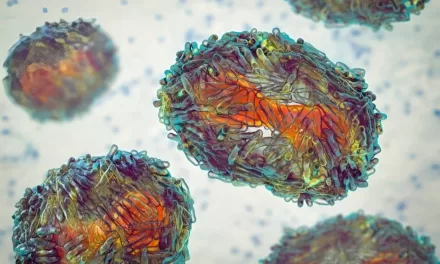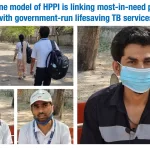A breakthrough clinical trial led by investigators at Weill Cornell Medicine has unveiled the potential of a nasal spray, administered by patients at home, to effectively and safely treat recurrent episodes of a condition known as paroxysmal supraventricular tachycardia (PSVT). The findings, published on March 25 in the Journal of the American College of Cardiology, offer new hope for individuals suffering from rapid abnormal heart rhythms, potentially sparing them the need for repeated hospital visits for invasive treatments.
Dr. James Ip, professor of clinical medicine at Weill Cornell Medicine and a cardiologist at NewYork-Presbyterian/Weill Cornell Medical Center, spearheaded the study alongside colleagues. Their research focused on the experimental drug etripamil, a nasal spray calcium-channel blocker. Dr. Ip’s previous studies demonstrated promising results for etripamil as an at-home treatment for PSVT, laying the groundwork for the latest trial.
PSVT is characterized by sudden and recurrent rapid heart rhythms triggered by abnormal electrical activity in the heart’s upper chambers. While not typically life-threatening, PSVT episodes can cause distressing symptoms such as shortness of breath, chest pain, dizziness, or fainting, often necessitating emergency department visits or hospitalization for treatment.
The new study enrolled 1116 patients across 148 sites in the United States, Canada, and South America. Notably, the trial did not require a pretest dose supervised by a physician, representing a departure from previous protocols. Patients self-administered the first dose of etripamil, monitored their heart for one hour using a home electrocardiogram monitor, and were permitted to self-treat up to four PSVT episodes with the nasal spray. Encouragingly, two-thirds of patients experienced symptom relief within an hour, with an average time to relief of just 17 minutes.
The study’s findings underscore the real-world potential of etripamil as a safe and effective treatment for PSVT, offering patients a convenient and non-invasive alternative to traditional hospital-based interventions. Moreover, the nasal spray’s ease of use and favorable safety profile make it a promising option for individuals with recurrent PSVT episodes.
While mild nasal symptoms such as runny nose and nasal congestion were reported following initial use of etripamil, these side effects diminished with subsequent doses, highlighting the drug’s tolerability.
The success of this trial represents a significant step forward in the management of PSVT, offering hope to patients and clinicians alike. As research in this field continues to evolve, nasal spray calcium-channel blockers like etripamil hold promise for transforming the treatment landscape for individuals with PSVT and other cardiac arrhythmias.











